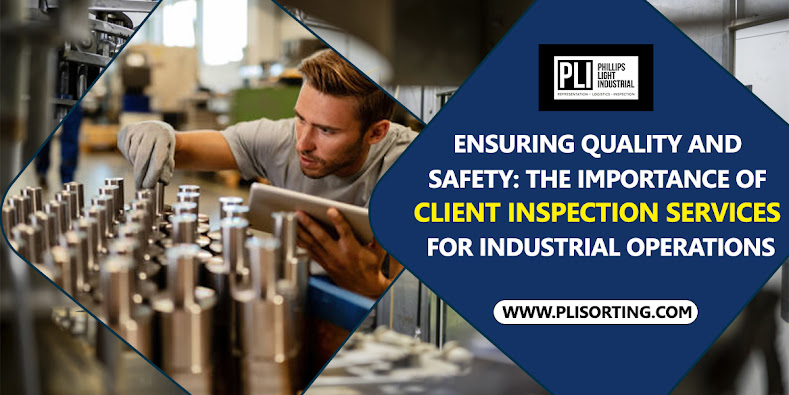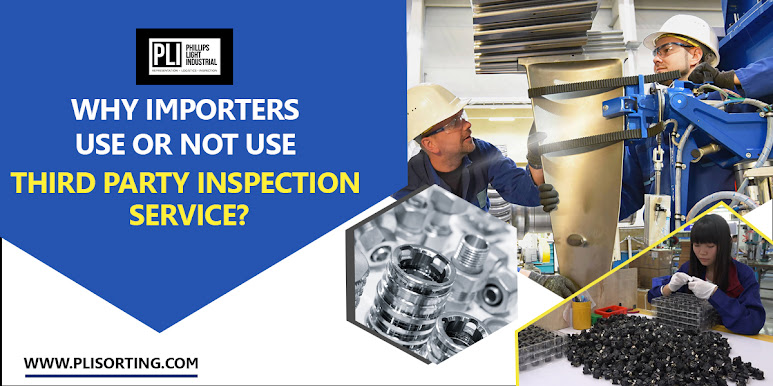Importance Of Quality Control In Supply Chain Management
Product quality and an organisation's overall profitability are both directly impacted by supply chain management. For these reasons, preserving a competitive edge in the market and lowering operating expenses depend on quality management in the supply chain inspection. Without quality control, waste increases more than is acceptable. Examining the elements of quality management systems will assist your business in preventing and responding to supply chain problems.
Defects and Scrap
Inefficient manufacturing lines can be caused by defective raw materials, which can also raise the defect rate of completed goods stock. Additionally, inadequate materials could call for additional machining or refining, which raises labour expenses and manufacturing overhead.
To guarantee that raw materials fulfil criteria, supply chain staff members frequently audit vendors and the materials they offer. Supply chain managers defend the integrity of their company's operations by regulating the quality of production inputs.
External Supplier Failures
Products are more likely to break or wear out before their guarantee period ends when supply chain quality management is subpar. Depending on the type of business, there are a lot of failures that might happen after a product leaves a manufacturing plant.
Customers who are required to return goods eventually stop favouring the store where they made their purchase. In the end, supply chain quality management aids in preserving a company's reputation. The American Society for Quality emphasises that the risk of returns and potentially dangerous product failures decreases with improved control over external supplier inputs.
Ongoing Product and Process Inspections
Manual inspections are frequently used by businesses with high rates of flaws and other manufacturing waste to guarantee product quality. If quality controls are acting as intended, inspections are superfluous and enhance operating costs.
To avoid ongoing manufacturing line inspections, quality control techniques and supplier relationship audits are essential. Otherwise, worker hours that may be used for value-added activities will be wasted inspecting raw materials and completed goods inventory.
Also, read about The Complete Guide to Machinery Part Inspection Services
Use of Toxic Materials
Hazardous materials are employed in production all around the world for a variety of purposes, particularly in sectors related to the defence industry. Quality control aids in preventing exposure to dangerous products' adverse side effects for workers and other stakeholders.
For the transportation of hazardous materials, the U.S. Department of Transportation establishes significant regulations. The risk of penalties or fines for non-compliance makes quality control essential. The better for all internal and external stakeholders, the more efficiently and effectively dangerous materials are handled throughout the supply chain.
PLI Sorting is one of the best companies that provides excellent quality control inspection services in Cleveland. It will help you to solve all the problems of the customers regarding supply chain.
Resource URL: http://bit.ly/3g1dbSj



Comments
Post a Comment